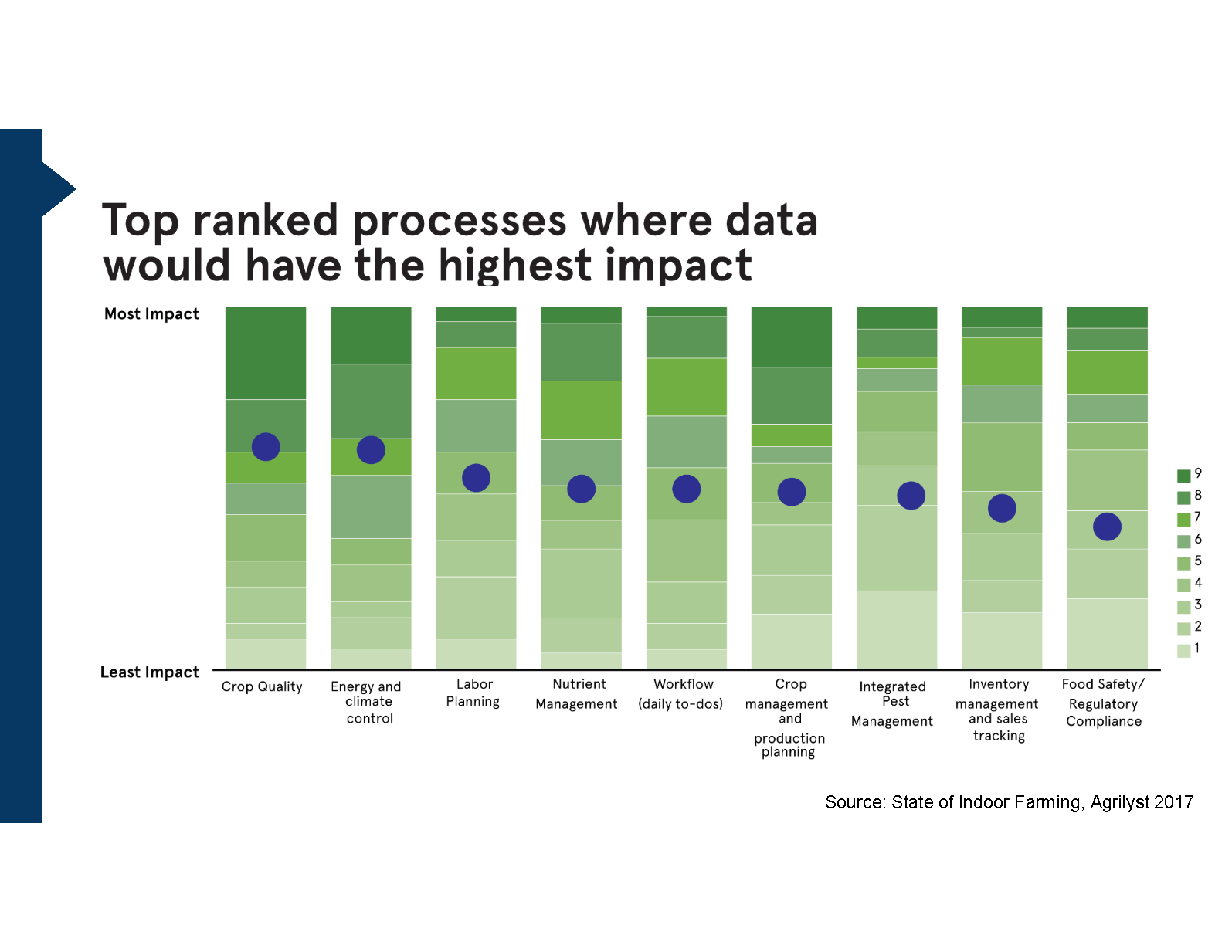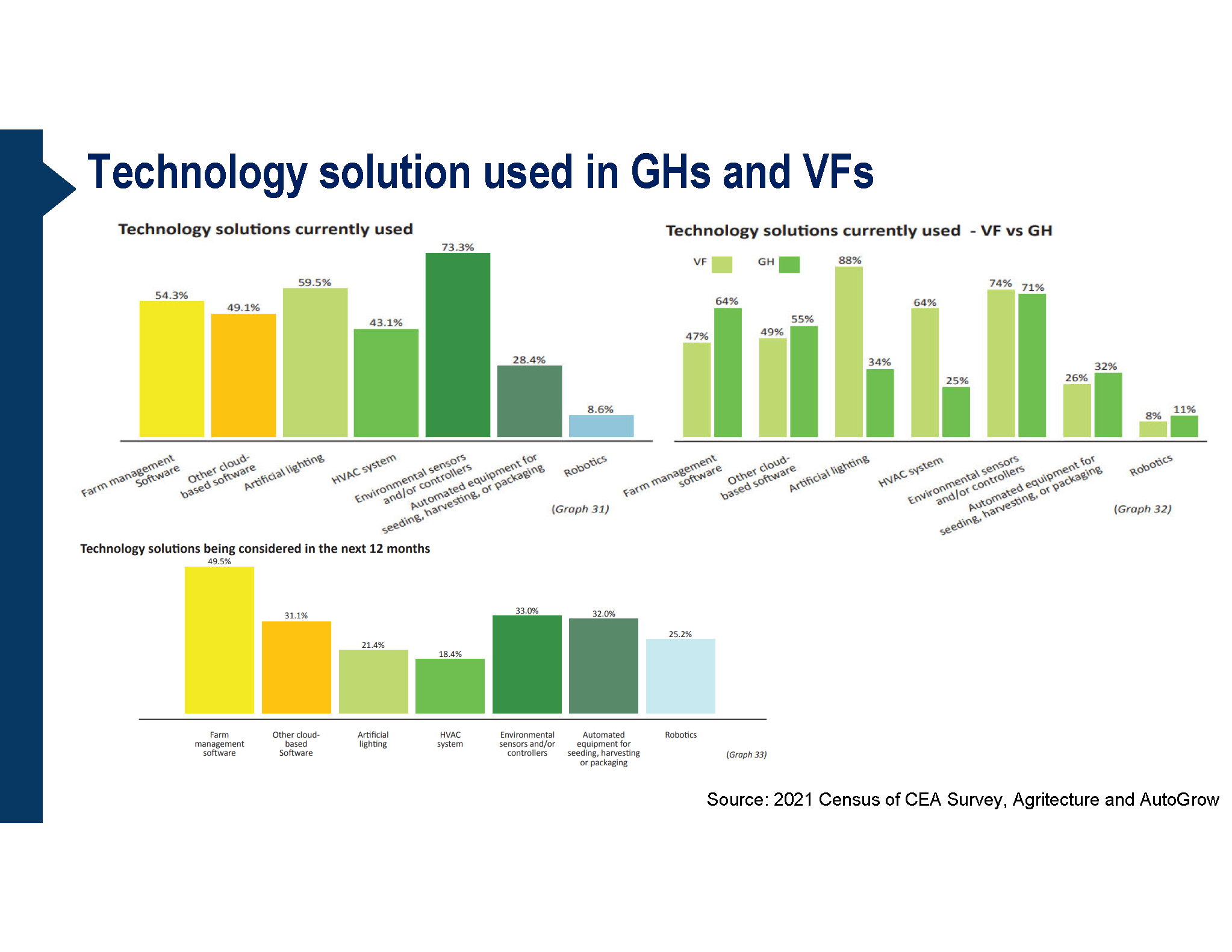
CEA Extension Program
Biosystems Engineering's CEA Extension component opens the doors of the Controlled Environment Agriculture Center to the public.
Although CEA Extension and Outreach Programs are meant for growers of all levels, the majority of CEA stakeholders operate in facilities under 1-acre, so our programs target smaller operations that can benefit from the CEAC institution's wealth knowledge to advance their hydroponic operations and know-how. See what we do at the CEAC.
The CEA Extension and Outreach Programs include:
- Annual Arizona Greenhouse Crop Production and Engineering Design Short Course;
- Mars-Lunar Greenhouse (M-LGH) – Outreach and Teaching Module (LGH-OTM);
- Design and Analysis Services to homeowners, business developers, and entrepeneurs;
- Development of the Production & Education Greenhouse as an income generating, self-supporting entity.
The programs are strongly supported by and highly integrated with programs of Dr. Murat Kacira, Dr. Gene Giacomelli, Dr. Stacy Tollefson, Dr. Barry Pryor, and Dr. Kevin Fitzsimmons..
For a full list of CEAC faculty, staff and collaborators, visit CEAC's directory.
Hydroponic Crop Intensive Workshops
CEAC Intensive Workshops are intended for growers looking to quickly advance their skills as they relate to hydroponic tomato and lettuce cultivation. These multiple day events feature over a semester's worth of real university course content, hands-on work in the greenhouse, useful agenda items such as an engineering round-table discussion, face-to-face time with experts on your special questions, and networking time with personal follow-ups. CEAC Hydroponic Intensive Workshops differentiate themselves from others offered in the U.S. by:
- Education immediately meets application – CEAC’s unique facilities support a quality learning experience, where knowledge from classroom lectures is immediately applied in the greenhouse.
- Substantial time for immersion – The length and thoroughness of CEAC intensive workshop is unmatched. Tomato Intensive includes 4 ½ days & Lettuce Intensive includes 3 ½ days of instruction and training.
- Experience yields efficiency – CEAC Intensive Workshops have been around since 2007. We’ve constantly improved the content and its delivery based on feedback in order to more effectively disseminate knowledge. With a database of 100’s of common questions and strategic delivery of content, we’re likely to address your questions throughout the course. In addition, the limited class size offers the opportunity to address some questions specific to your operation.
- Bigger questions? Better answers! – Between the instructors, supporting faculty, and members of the Round-Table Greenhouse Design discussion, you can pick our specialist’s brains and pull from their tens of thousands of hours of real-life experience.
Greenhouse Short Course
Every year, CEAC organizes a multiple-day Greenhouse Crop Production & Engineering Design Short Course that features days of lectures from dozens of prominent CEA experts from around the country, one full-day of hands-on workshops that focus on different aspects of CEA, and a tour of a local commercial greenhouse operation in Southern Arizona.
The Prototype Mars-Lunar Greenhouse (LGH)
The Prototype Mars-Lunar Greenhouse is equipped as a Bioregenerative Life Support System (BLSS) through the design and construction of an innovative hydroponic plant growth chamber. Centered on using plants to sustain a continuous vegetarian diet for astronauts, a typical BLSS employs plants and crop production in addition for food, to also provide air revitalization, water recycling, and waste recycling for the crew. Fulfilling the requirement of NASA's GES and the late Mr. Steckler's dream of space colonization, the LGH aims to deliver more than supporting a sustained human presence in space. The LGH aspires to bring practical commerical-ready technology to Earth's CEA forefront [READ MORE]. A short documentary titled "EarthLight" was made to show what the LGH does and where the project will go in the furure. "Earthlight" can be seen in its entirety at https://www.youtube.com/watch?v=J_ZfChSwHIE.





